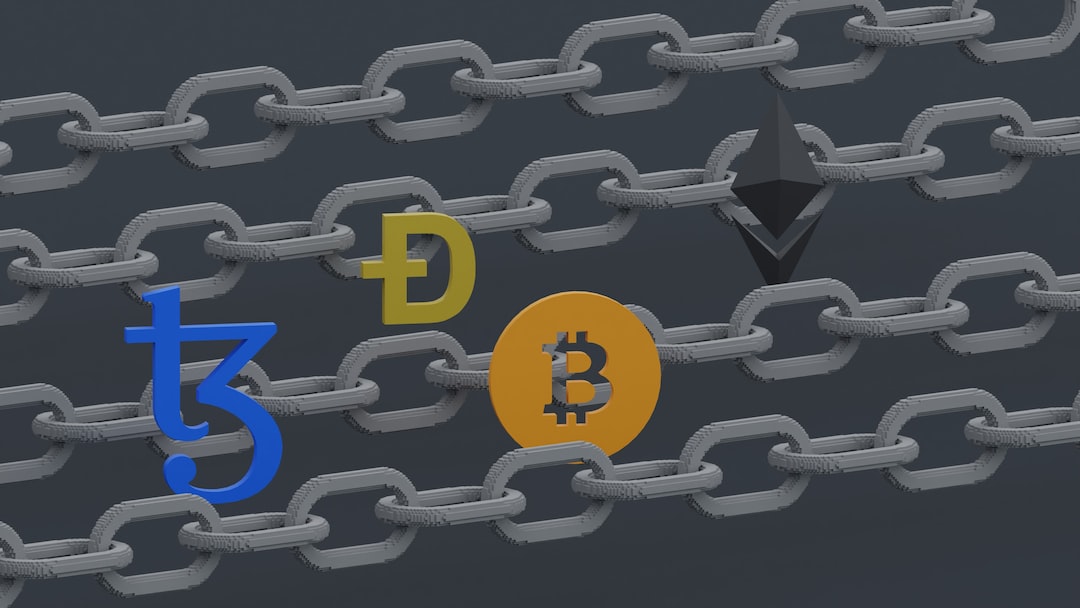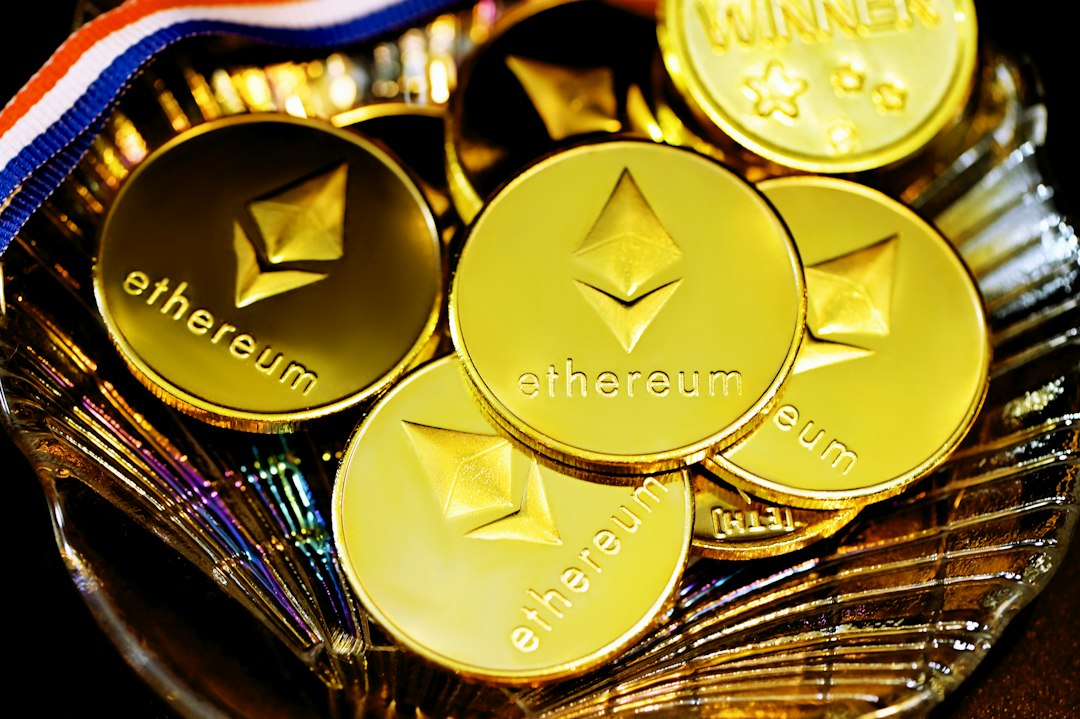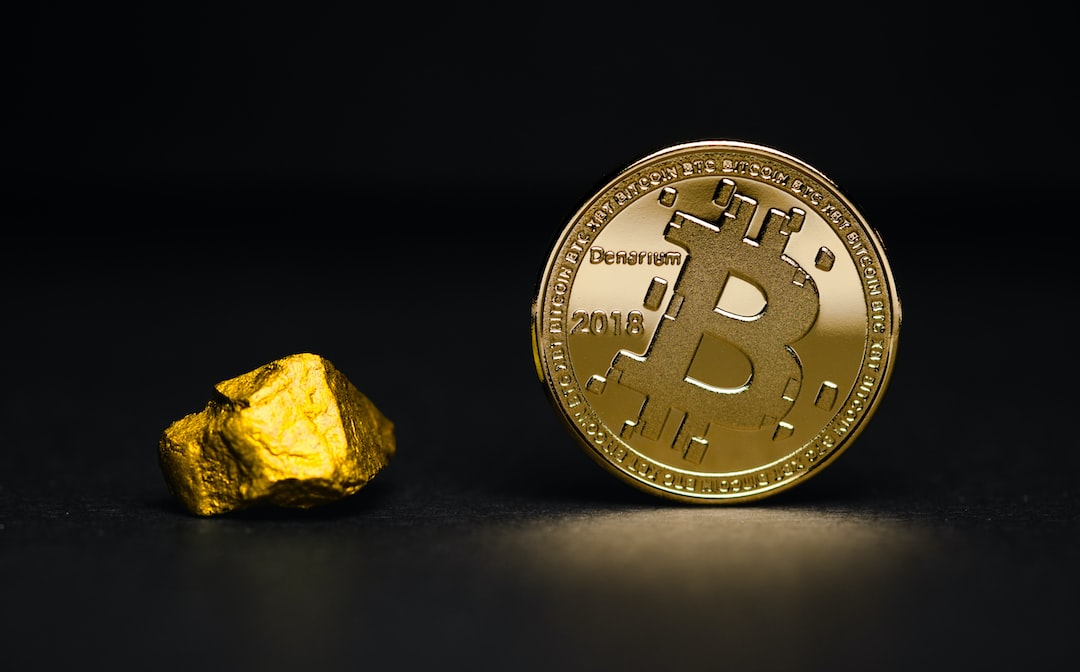ERC20 vs. ERC721: Examining the Differences in Ethereum Token Standards
If you’re new to the world of cryptocurrencies and blockchain technology, you may have come across terms like ERC20 and ERC721. These are token standards on the Ethereum platform that define how tokens should behave and interact with each other. In this article, we’ll explore the differences between ERC20 and ERC721 tokens, and help you understand their respective use cases.
What is an ERC20 Token?
ERC20 stands for “Ethereum Request for Comments 20”. It is a standard interface for fungible tokens on the Ethereum blockchain. Fungible tokens are interchangeable with each other, meaning that they can be exchanged on a one-to-one basis.
For example: Imagine you have 10 ERC20 tokens. Each token is identical to the others, and they can be freely exchanged without any distinction.
ERC20 tokens have become the most widely used token standard on Ethereum because they provide a common set of rules for developers to create and interact with tokens. This standardization makes it easier for wallets, exchanges, and other applications to support a wide range of tokens without needing specific code for each one.
What is an ERC721 Token?
Unlike ERC20 tokens, ERC721 tokens are non-fungible. “ERC721” refers to the Ethereum Request for Comments 721 standard, which defines how unique assets can be created and traded on the Ethereum blockchain.
For example: Let’s say you have a collection of digital trading cards represented as ERC721 tokens. Each card is unique and cannot be exchanged on a one-to-one basis with another card.
The non-fungibility of ERC721 tokens opens up a wide range of possibilities for creating and trading unique digital assets. These tokens have gained popularity in the world of blockchain-based gaming, where players can own and trade rare in-game items or collectibles.
Key Differences Between ERC20 and ERC721 Tokens
Now that we understand the basic concepts behind ERC20 and ERC721 tokens, let’s dive into some of the key differences between the two:
- Fungibility: As mentioned earlier, ERC20 tokens are fungible, while ERC721 tokens are non-fungible. This means that each ERC721 token has a distinct value and cannot be exchanged on a one-to-one basis with another token.
- Interchangeability: Since ERC20 tokens are fungible, they can be freely interchanged with other tokens of the same type. On the other hand, ERC721 tokens cannot be interchanged directly with other tokens because each one is unique.
- Ownership and Unique Properties: With ERC20 tokens, ownership is not typically associated with specific tokens. Instead, ownership is determined by the number of tokens held by an address. In contrast, each ERC721 token has its own unique properties and ownership can be tracked at the individual token level.
- Use Cases: The fungibility of ERC20 tokens makes them well-suited for use as currencies or utility tokens within decentralized applications (dApps). On the other hand, the non-fungibility of ERC721 tokens makes them ideal for representing ownership of unique assets such as digital collectibles or in-game items.
Frequently Asked Questions (FAQs)
Q: Can you convert an ERC20 token to an ERC721 token or vice versa?
A: No, ERC20 and ERC721 tokens are not directly convertible. They are fundamentally different token standards with distinct properties and use cases.
Q: Are ERC721 tokens more valuable than ERC20 tokens?
A: The value of a token is subjective and depends on various factors such as demand, rarity, and utility. While ERC721 tokens may hold value due to their uniqueness, the value of an ERC20 token can also be significant based on its utility within a particular ecosystem.
Q: Can ERC20 and ERC721 tokens coexist within the same smart contract?
A: Yes, it is possible to have both ERC20 and ERC721 tokens within the same smart contract. This allows developers to create versatile applications that support different types of tokens.
Conclusion
Understanding the differences between ERC20 and ERC721 tokens is crucial for anyone interested in the world of cryptocurrencies and blockchain technology. While ERC20 tokens are fungible and commonly used as currencies or utility tokens, ERC721 tokens are non-fungible and perfect for representing ownership of unique assets.
Whether you’re a developer looking to create a new token or an investor exploring different investment opportunities, knowing the distinctions between these two token standards will help you make informed decisions in the exciting world of Ethereum-based tokens.





 By
By
 By
By

 By
By
 By
By
 By
By